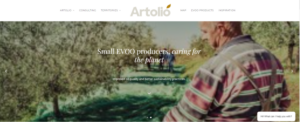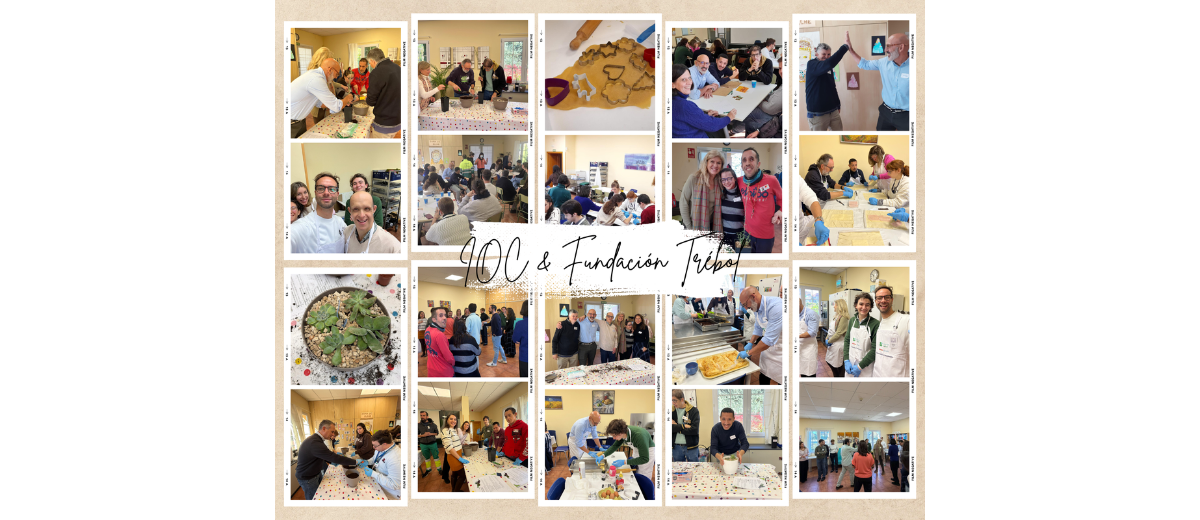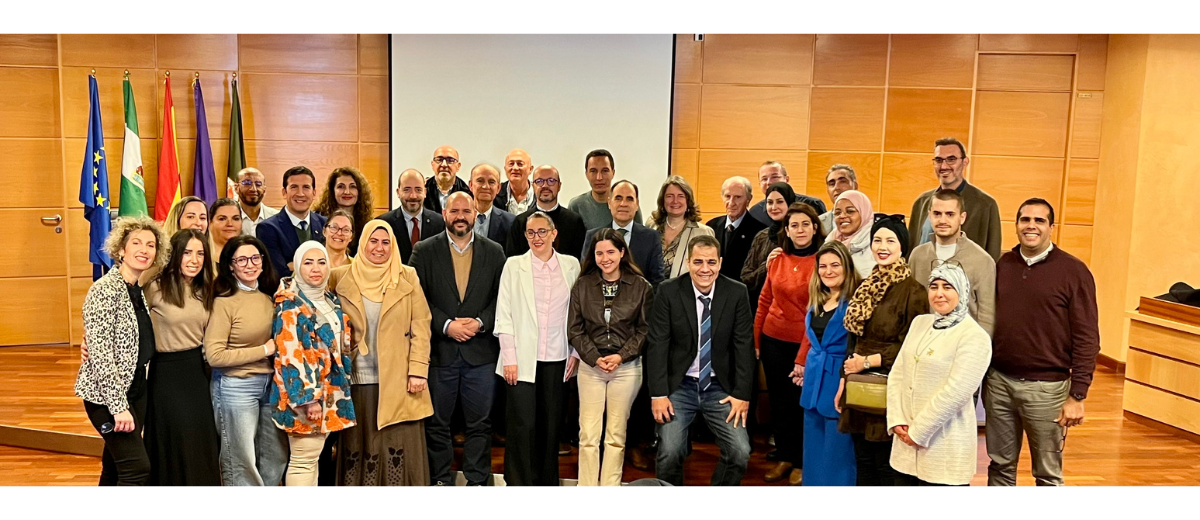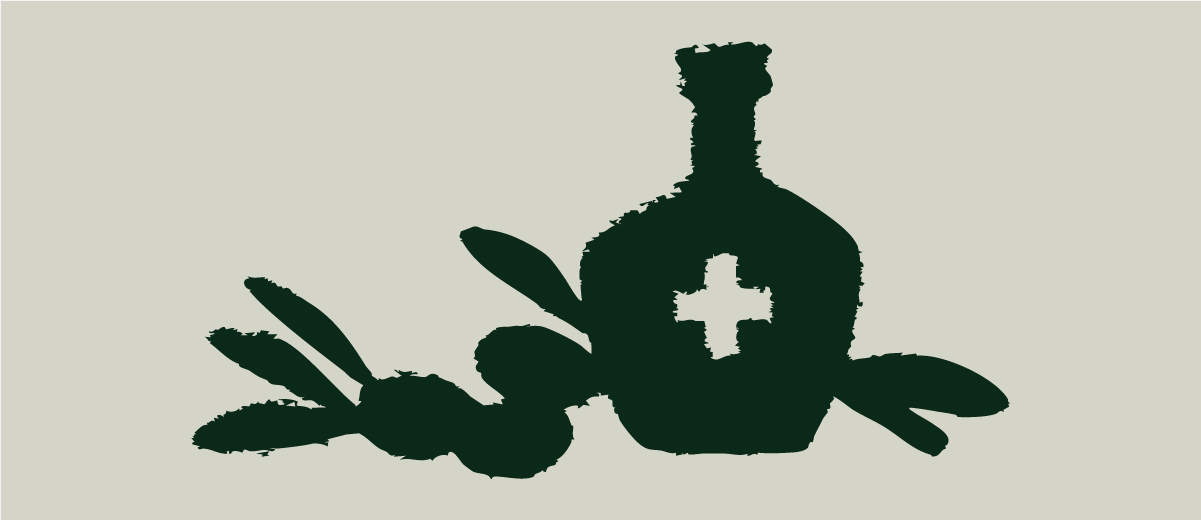The ARTOLIO “Profitable and Sustainable artisanal olive oil industry in the Mediterranean” project held its closing meeting from 9 to 11 October 2023 in Barcelona, Spain. This project was aimed at supporting small olive oil producers in the Mediterranean region. Through its activities, the ARTOLIO initiative endeavoured to assist small olive oil producers in overcoming challenges arising from the limited size of their properties, focusing on the management of rain-fed olive orchards which are often reliant on family labour. The project aimed to equip olive farmers with the essential tools for professionalising their activities, ultimately fostering profitable and sustainable olive oil production.
ARTOLIO counted on eight partners from five different Mediterranean countries, namely Cyprus, Greece, Israel, Spain and the State of Palestine. Through the project, National Olive Regional Knowledge Centres (NOReKC) were established in each of these countries. NOReKCs provide local farmers and olive growers with up-to-date training on the production of competitive extra virgin olive oils by assisting them in aspects related to the financing, marketing and sales of these products, as well as information regarding policy and legislation, both at the national level and concerning their access to new global markets. Although ARTOLIO’s activities officially came to an end on November 28th of this year, NOReKCs are set to keep on running under the supervision of government authorities or public organisations, with a view to continue supporting local farmers and millers.

Amongst other guests, the closing event of ARTOLIO was attended by Catarina Bairrao Balula, Head of the International Olive Council’s (IOC) Technical Cooperation and Training Department, and representatives of the ENI CBC Med Program, including Valeria Cibrario, Senior Expert of the Joint Technical Secretariat (JTS) and Karina Melkonian, Junior Expert of the JTS. The officials commended the ARTOLIO project for achieving a 60% budget execution in its second report, a particularly noteworthy accomplishment in projects of this nature. Due to the unexpected absence of representatives from Palestine and Israel, particularly of Giora Ben-Ari, ARTOLIO project manager from the Israeli Volcani Institute, the closure event was led by Katerina Roumeliotti, ARTOLIO financial coordinator from Perrotis College, American Farm School.
 On the occasion of the closure event, the project coordinators and other stakeholders took stock of ARTOLIO’s outcomes. All in all, they concluded that the project’s goals had been successfully achieved, and producers expressed their satisfaction with the programme, taking into consideration that many of the project’s beneficiaries would not have been able to afford such trainings without the invaluable support of ARTOLIO’s project consultants. Through this initiative, local Mediterranean producers were encouraged to adapt their practices to implement more rational and economic water, energy and resource optimisation strategies (e.g.: drip and deficit irrigation; fertilisation based on sensors; soil and leave analysis; by-products incorporation in the chain; regenerative agriculture; etc…). Overall, the participating farmers and millers have improved their financial management skills, reduced their production costs and upgraded their branding proficiency, becoming role models for their regions.
On the occasion of the closure event, the project coordinators and other stakeholders took stock of ARTOLIO’s outcomes. All in all, they concluded that the project’s goals had been successfully achieved, and producers expressed their satisfaction with the programme, taking into consideration that many of the project’s beneficiaries would not have been able to afford such trainings without the invaluable support of ARTOLIO’s project consultants. Through this initiative, local Mediterranean producers were encouraged to adapt their practices to implement more rational and economic water, energy and resource optimisation strategies (e.g.: drip and deficit irrigation; fertilisation based on sensors; soil and leave analysis; by-products incorporation in the chain; regenerative agriculture; etc…). Overall, the participating farmers and millers have improved their financial management skills, reduced their production costs and upgraded their branding proficiency, becoming role models for their regions.
You can visit the ARTOLIO project website here.









